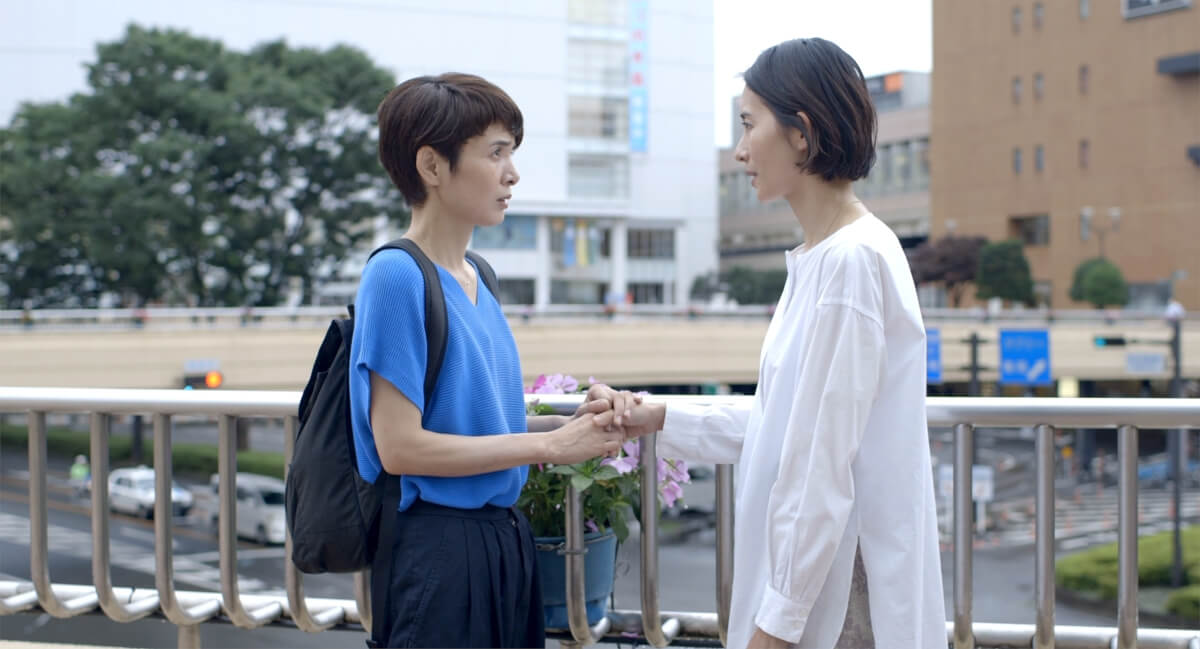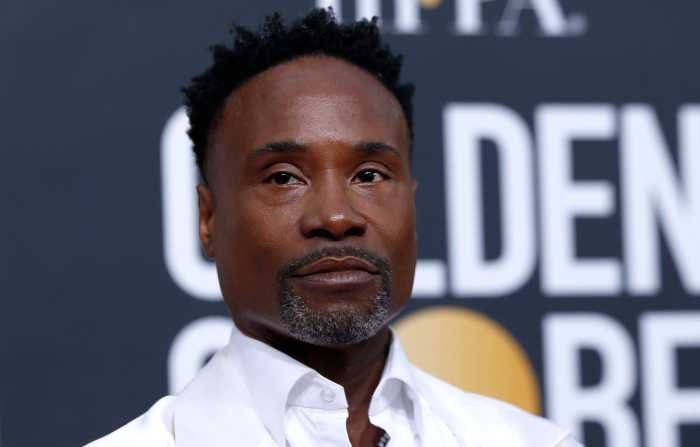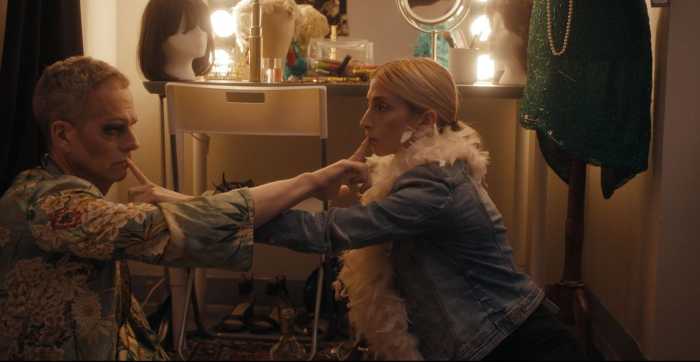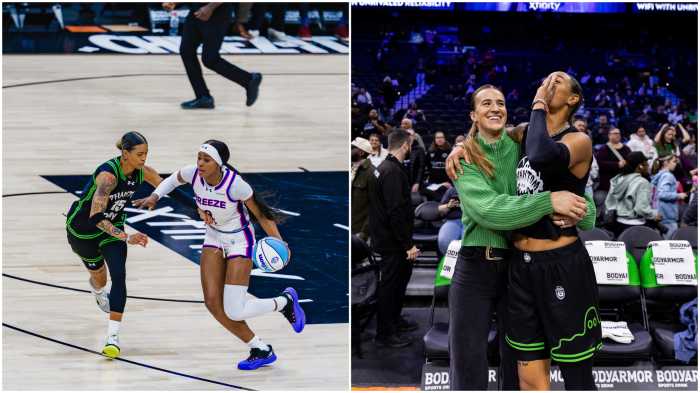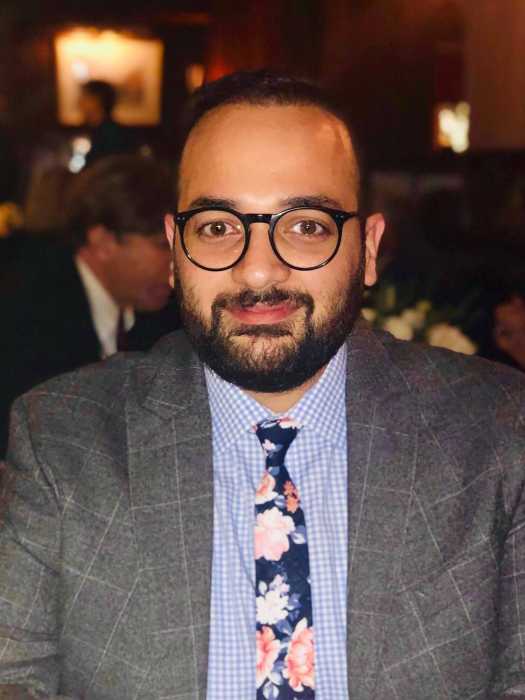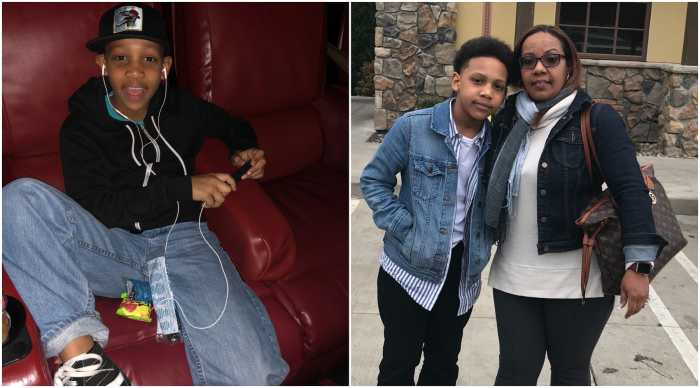Since his 2015 “Happy Hour,” gay Japanese director Ryusuke Hamaguchi has rapidly become a star on the international festival circuit. “Wheel of Fortune and Fantasy” is one of two films he made during the pandemic and premiered this year. (The other, “Drive My Car,” also got its local premiere at the New York Film Festival and will open at Film Forum next month.) Extreme length has been one of the tools in Hamaguchi’s kit, and it helped him stand out. “Happy Hour” ran more than five hours, while “Drive My Car” is three hours long. But “Wheel of Fortune and Fantasy” is actually a collection of three 40-minute short films with no direct connection to each other. The opening titles describe them as “Ryusuke Hamaguchi’s Short Stories,” and it was originally intended to incorporate seven shorts.
The film begins with “Magic: Or Something Less Assuring,” in which model Meiko (Kotone Furukawa) has a lengthy conversation with a friend in the back seat of a car. She realizes that her friend’s new boyfriend, Kazuaki (Ayura Nakajima), is actually her ex and heads to his office to hash things out. “Door Wide Open” acts out a campus drama, in which a young man who’s pissed off at Professor Segawa (Kiyohiko Shibukawa), an acclaimed novelist, for a failed grade convinces Nao (Katsuki Mori), a woman with whom he’s sleeping casually, to record herself flirting with him in hopes that he will say something inappropriate and scandalous. “Once Again” begins with a sci-fi conceit threaded in the background: in 2019, a new form of computer virus caused so much damage that the Internet has become unusable and people communicate through the mail again. In town to attend her high school reunion, lesbian Nana (Aoba Kawai) meets her girlfriend of 20 years ago, Moka (Fusako Urabe) …or so she thinks.
The stripped-down quality of “Once Again” is a subtle reminder of the times during which it was shot. South Korean director Hong Sangsoo seems like an influence on the fragmented feel and slightly curdled relationship drama, even if his style is quite different from Hamaguchi’s. But “Wheel of Fortune and Fantasy” takes place in isolated, largely empty spaces with two people interacting at a time. The exteriors of “Once Again” are so deserted that it seems quite eerie, even if the actual events are benign. It’s the only part of “Wheel of Fortune and Fantasy” made after the pandemic started.
Hamaguchi changes tone with each short as though he is indeed rolling a wheel, but the film has a coherent sensibility. It returns to the roleplay inherent in relationships, especially when romantic and sexual desire get tangled up in situations where they weren’t expected. Additionally, chance alters all of his characters’ plans, even their own visions of their desires. The plot of “Once Again” makes a faint stab towards the byzantine exchange of characters in Abbas Kiarostami’s “Certified Copy.” Second short plays against binary expectations of a tale of female empowerment or an expression of anti-#metoo backlash. If the premise suggests David Mamet’s play and film “Oleanna,” Hamaugchi is kinder to all his characters. But Nao skips out on her assigned role as a token of exchange between two men, with her fantasy life proving to be just as active as the sex detailed in Professor Segawa’s novel. In a press statement, Hamaguchi describes his interest in female characters, who have been the subjects of his last three features: “But I do believe, after working on ‘Happy Hour,’ I realized something interesting about having woman protagonists; I write them to live according to their desires, to chase after what they want, it always clashes against something about society.”
To a certain degree, “Wheel of Fortune and Fantasy” plays out time-honored romantic tropes, especially the lingering legacy of old relationships. But while they rely on twists of plot and character, these never feel like gotcha moments. Hamaguchi uses them to take his stories in unexpected but believable directions. While the stakes are sometimes high, the film remains low-key and grounded. Closing with “Once Again” brings “Wheel of Fortune” to an optimistic conclusion: while his characters’ identity may be up for grabs, their emotional closure is tender and real. “Wheel of Fortune and Fantasy” is a modest heartbreaker.
WHEEL OF FORTUNE AND FANTASY | Directed by Ryusuke Hamaguchi | In Japanese with English subtitles | Film Movement | Opens Oct. 15th at Film Forum

